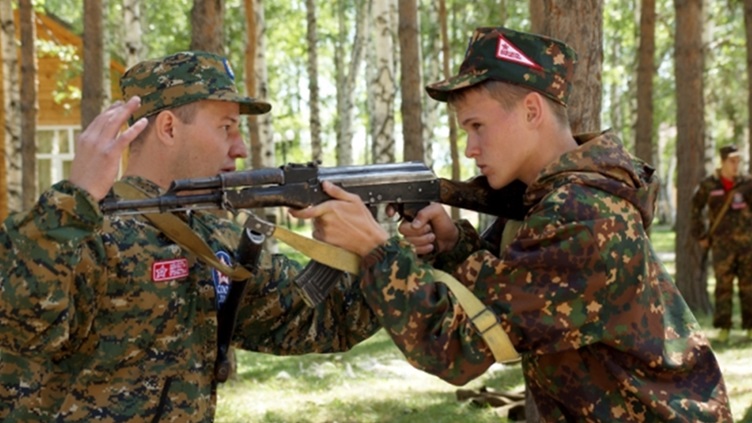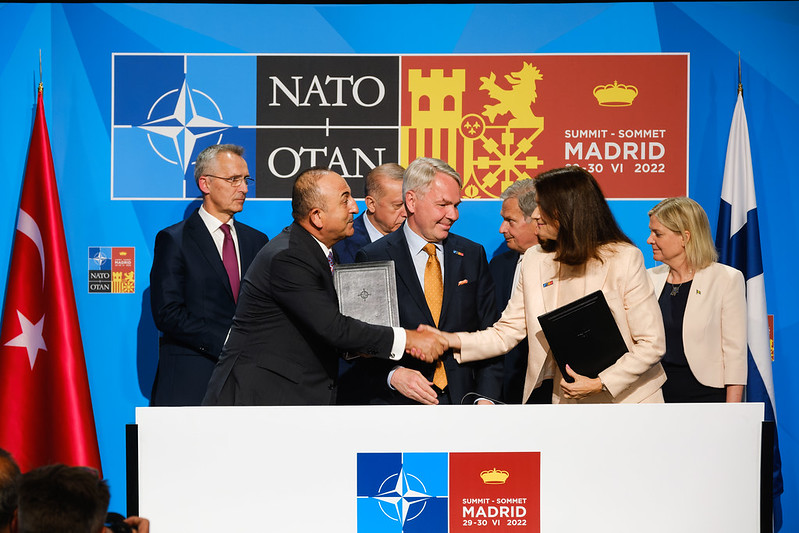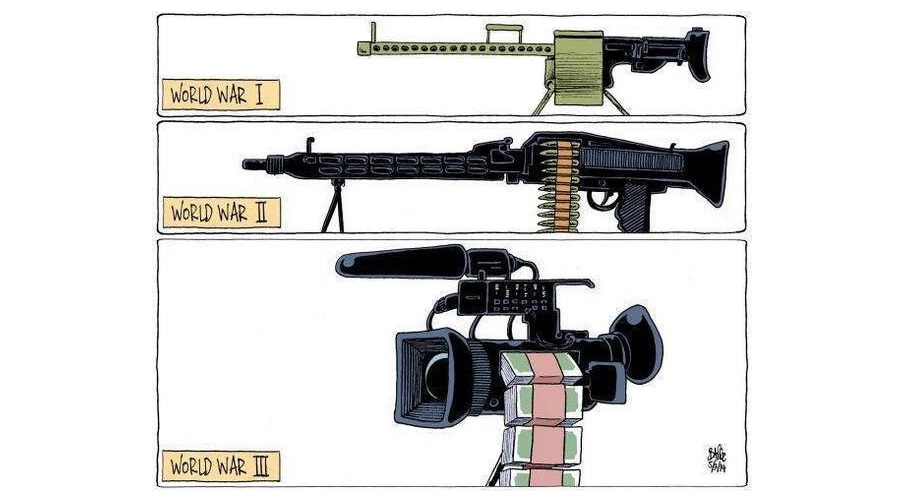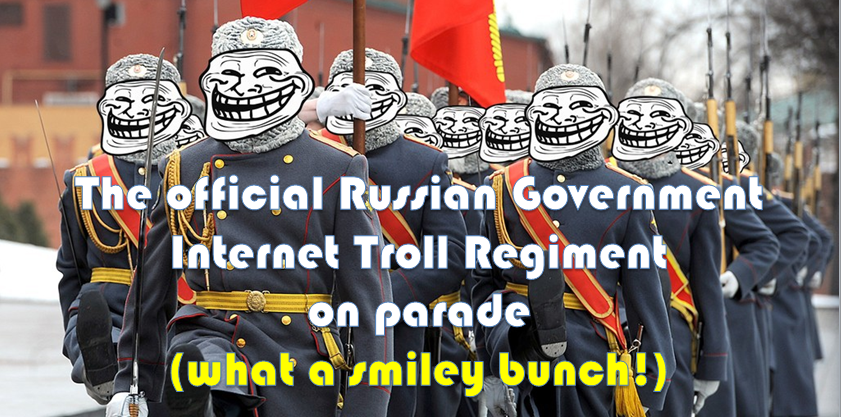Vladimir Putin’s linking up with right-wing leaders in Western Europe like Marine Le Pen in France has attracted enormous attention around the world, but his use of a similar tactic in the Baltic countries has not, even though it may very well have the potential to do even more harm to those countries.
Instead, most commentators have focused on those in the Baltic countries who are openly pro-Russian either because they are ethnic Russians who accept Putin’s vision of “a Russian world” or because they are people with close ties to the former imperial center. But the numbers in these two categories are declining rapidly.

Consequently, as Latvian journalist Inga Springe points out, Moscow has changed its approach and is now backing a new movement which unites Latvian and Russian nationalists on the basis of “conservative values,” a combination that is already influencing that country’s parliament.
In an interview taken by RFE/RL’s Mariya Kugel, Springe, a founder of the Baltic Center for Investigative Journalism, says that the Kremlin has inspired some Latvian nationalists to unite with Russian nationalists in Latvia in the name of defending family values against “the rotting West.”
Springe notes that she began her investigation “at the recommendation of Estonian colleagues” where ethnic Estonians and ethnic Russians who support family values have not only formed organizations to promote those ideas but even separate political parties. At the very least, both in Estonia and Latvia, these people are inspired by myths put out by Moscow.
The Latvian journalist says that she does not have “direct evidence” that such groups in Latvia receive Russian money: “their leaders deny this.” But there are clear linkages between these groups, and some of those involved have received funds from Moscow in the past, according to government investigators.
The upsurge in attention to family values as a political device in Latvia began in 2013, precisely when Vladimir Putin began talking about that in Russia, she continues. And the themes the Latvian supporters of these values were eerily similar to those raised in the Russian media.
But what is most striking and concerning, Springe suggests, is that supporters of these ideas are found across the entire political spectrum from the most nationalist of the Latvian parties to those favoring closer ties with Russia. As a result, something unprecedented has occurred: cooperation on these issues among groups otherwise completely at odds.
She continues that “if we really are dealing with a display of Russian influence, then [she] sees two goals.”
- First, “Russia obtains new sympathizers abroad, conservative and radically inclined citizens.
- [And] second, Moscow achieves the radicalization of [Latvian] society,” a trend it can exploit to destabilize the country.
One especially worrisome development, Springe says, is the appearance nominally on the basis of these values of “militarized children’s camps,” where these values are promoted and children taught to use guns. The organizers say that they only want children to get away from their computers, but in fact, it appears they have a broader agenda.
Those involved in promoting conservative family values in Latvia say there is no need to ascribe what they are doing to Russia, a country “with which they have no ties.” But “how naïve these people are! They think that if they do not talk about Russia, then they are in no way connected with it.”
But her “research shows that, in speaking about the rotting West, they use facts which have a Russian origin.” Indeed, when one tries to track down the sources of their ideas, it turns out that such people cannot find them on Latvian-language websites but only on Russian-language ones.
Springe concludes by pointing out something else that few have paid attention to. Supporters of what is clearly a Russian-sponsored view on families are to be found in all political parties, something that means that they can track what these parties are doing even as they promote both their nominal and actual agendas.
Additional Information: Estonian youngsters attend Russian ideological-military camps
Estonian ETV's investigative television program, "Pealtnägija", revealed how ethnic Russian pupils from Estonia are taking part in Russian youth camps, which aim to ensure their allegiance to the Kremlin. The camps are organized in cooperation with Russian federal agencies, the Ministry of Defense, security forces and media outlets. The organizers are also closely connected to the Russian military intelligence service, the GRU.
Estonian ETV's investigative television program, "Pealtnägija", revealed how ethnic Russian pupils from Estonia are taking part in Russian youth camps, which aim to ensure their allegiance to the Kremlin. The camps are organized in cooperation with Russian federal agencies, the Ministry of Defense, security forces and media outlets. The organizers are also closely connected to the Russian military intelligence service, the GRU.
Related:
- Russian Orthodox Church in Belarus training fighters for Russian world in special youth camps
- Terrorist youth camp set up at a Russian Orthodox monastery near Moscow
- Moscow continues to prepare mercenaries for Ukraine
- Another terrorist training camp held at a Russian Orthodox church near Moscow





